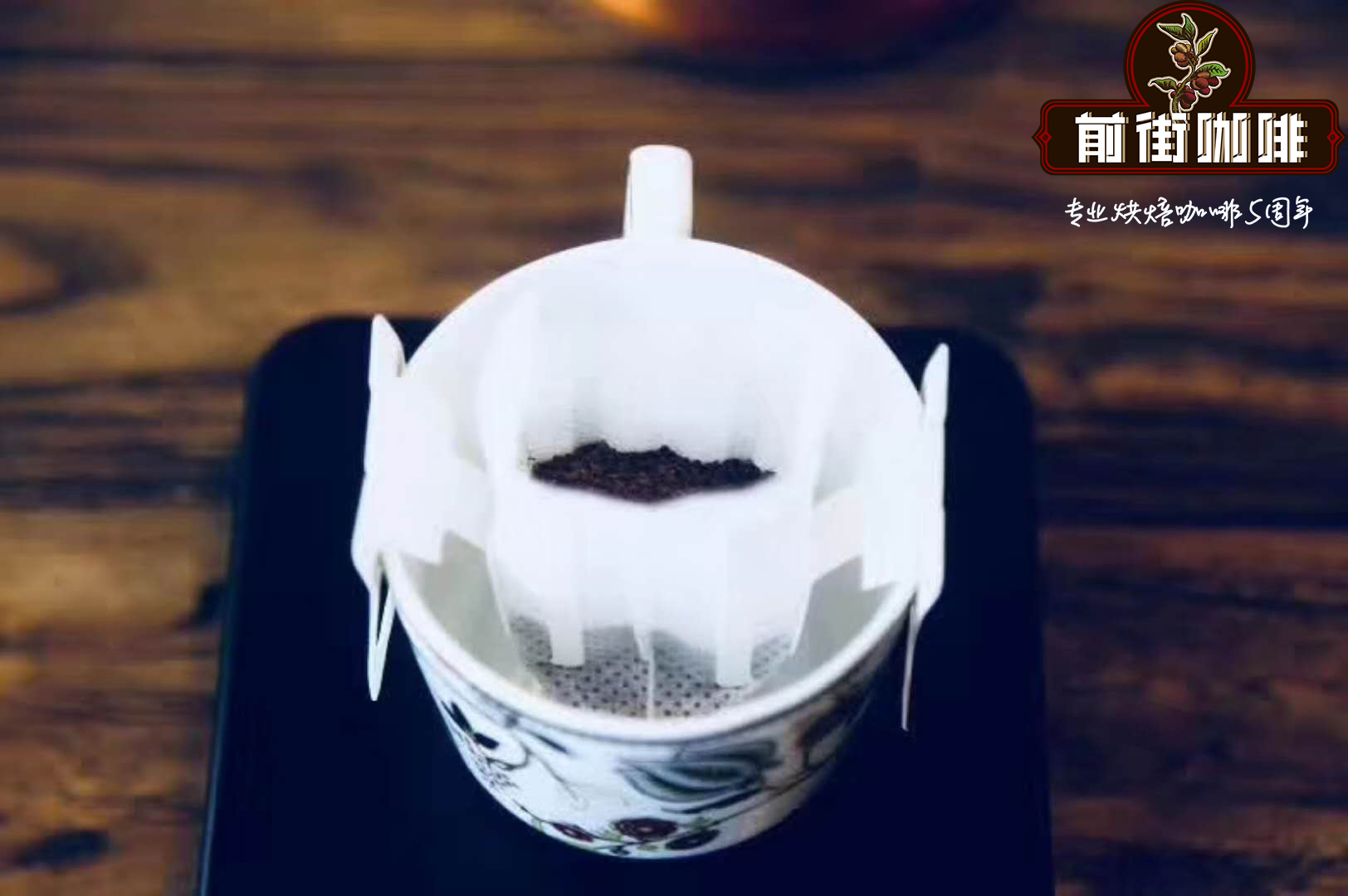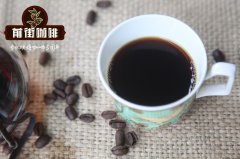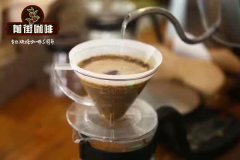Why do some people drink coffee refreshing, while others drink coffee useless? The role of caffeine

Professional coffee knowledge exchange more coffee bean information please follow the coffee workshop (Wechat official account cafe_style)
Caffeine is known to be refreshing, but the mechanism is unclear. Now the Sleep Biology Laboratory of the University of Colorado in the United States and the Cambridge Molecular Biology Laboratory in the United Kingdom have found that caffeine affects the body's biological clock and is the master clock.
In mammals, the master physiological clock is located in the hypothalamic suprachiasmatic nucleus (SCN), which contains about 20, 000 neurons and maintains the body's diurnal cycle (about 24 hours). The diurnal cycle controls the "sleep-awakening" cycle of organisms, as well as other physiological and behavioral processes.
Decades of animal experiments have shown that this physiological clock regulates changes in blood pressure, body temperature, activity and alertness throughout the day, as well as the mechanism by which the brain's pineal gland secretes melatonin (melatonin). The body uses melatonin as a signal of the start of the night, triggering a series of physiological responses, one of which is to promote sleep.
The cycle of the SCN biological clock is calibrated by the natural day-night cycle, and if we decouple from the day-night cycle, we will feel that we wake up later and later every day. Because if it can not receive sunlight information, a cycle is about 24 hours and 11 minutes. Two years ago, the Sleep Biology Laboratory published an observation. The researchers found that volunteers camping in the Rockies for a week without artificial light or even a flashlight was enough to synchronize the SCN biological clock with the cycles of sunrise and sunset.
Now the researchers found five volunteers, three women and two men, who lived in the laboratory for 49 days. There are four kinds of experimental conditions:
(1) dim light + caffeine
(2) dim light + placebo
(3) Bright light + caffeine
(4) Bright light + placebo
In the course of the experiment, saliva was examined regularly, the content of melatonin was determined, and the operation of physiological clock was estimated by the measured value.
Results: taking 200 mg of caffeine (the equivalent of an American espresso) three hours before going to bed delayed the body clock to enter the nocturnal cycle 40 minutes later than taking a placebo. After going to bed, the light maintains the daytime illuminance for 3 hours, then it is delayed for 85 minutes. If you combine these two variables (daylight + caffeine), delay them by 105 minutes. They also found out
Dim light + caffeine = daylight? ─? Placebo
Daylight + caffeine = daylight + placebo (effect of caffeine = placebo? )
However, the experiment also found that the effects of caffeine (and caffeine + daylight) delaying the late night of the physiological clock varied widely. On the contrary, there is not so much individual difference in the influence of daylight. But we already know: is there someone? I can't sleep when I drink coffee, and some people don't respond to it.
Important Notice :
前街咖啡 FrontStreet Coffee has moved to new addredd:
FrontStreet Coffee Address: 315,Donghua East Road,GuangZhou
Tel:020 38364473
- Prev

Traditional Chinese medicine says you can't drink coffee? Coffee is suitable for whom to drink? How would you like your coffee?
Professional coffee knowledge exchange more coffee bean information Please follow the coffee workshop (Wechat official account cafe_style) friends who have seen traditional Chinese medicine should have a high chance to hear the following similar taboos against coffee: "Coffee can cause hot and humid constitution, you should drink less", "your acne is related to the dryness and heat of your body, touch less irritating food, spicy fried, coffee is not suitable.
- Next

Is caffeine addictive? What about caffeine addiction? The disadvantages of caffeine
Professional coffee knowledge exchange more information about coffee beans Please follow the coffee workshop (Wechat official account cafe_style) caffeine keeps us awake in the bustling order, how important it is! The four drinks commonly consumed around the world: coffee, cocoa, cola and tea, all contain caffeine, and the largest source of this kind of food in the rapid increase in modern times comes from coffee beans. Caffeine. No.
Related
- Beginners will see the "Coffee pull flower" guide!
- What is the difference between ice blog purified milk and ordinary milk coffee?
- Why is the Philippines the largest producer of crops in Liberia?
- For coffee extraction, should the fine powder be retained?
- How does extracted espresso fill pressed powder? How much strength does it take to press the powder?
- How to make jasmine cold extract coffee? Is the jasmine + latte good?
- Will this little toy really make the coffee taste better? How does Lily Drip affect coffee extraction?
- Will the action of slapping the filter cup also affect coffee extraction?
- What's the difference between powder-to-water ratio and powder-to-liquid ratio?
- What is the Ethiopian local species? What does it have to do with Heirloom native species?

